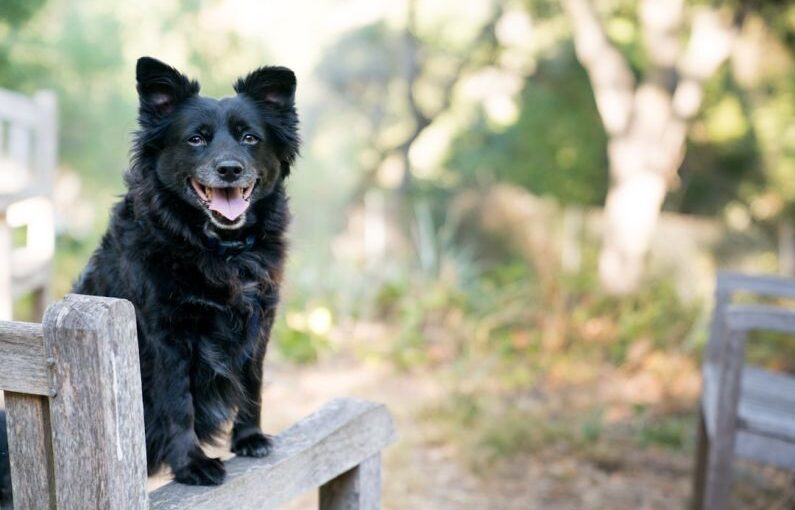Every dog owner wants a well-behaved and obedient furry companion. Training is an essential aspect of ensuring your dog’s behavior aligns with your expectations. While there are various methods of dog training, one approach that has gained popularity for its effectiveness is positive reinforcement. Positive reinforcement in dog training involves rewarding your dog for exhibiting desired behaviors, which encourages them to repeat those behaviors in the future. This article will explore the benefits of using positive reinforcement in training your canine friend.
**Building a Strong Bond**
Positive reinforcement creates a bond of trust and respect between you and your dog. By rewarding your dog with treats, praise, or playtime when they perform a desired behavior, you are reinforcing the idea that good behavior results in positive outcomes. This creates a positive association in your dog’s mind, strengthening your bond and establishing clear communication between you and your pet. Dogs are social animals that thrive on positive interactions with their owners, and using positive reinforcement helps strengthen the emotional connection between you and your furry friend.
**Effective Communication**
One of the key benefits of positive reinforcement in dog training is its ability to facilitate effective communication. Dogs respond well to clear, consistent signals, and positive reinforcement provides a straightforward way to communicate with your pet. By rewarding desired behaviors and ignoring unwanted behaviors, you are effectively communicating to your dog what is expected of them. This clarity helps your dog understand what you want them to do, making the training process more efficient and enjoyable for both of you.
**Encourages Good Behavior**
Positive reinforcement is a powerful tool for encouraging good behavior in dogs. When your dog receives a reward for obeying a command or exhibiting a desired behavior, they are more likely to repeat that behavior in the future. This is because dogs are motivated by the prospect of receiving a reward, whether it be a tasty treat, a favorite toy, or verbal praise. By consistently rewarding your dog for good behavior, you are reinforcing those behaviors and encouraging your pet to continue behaving well.
**Builds Confidence**
Positive reinforcement not only teaches your dog good behavior but also helps build their confidence. When your dog receives praise and rewards for performing a task correctly, they feel a sense of accomplishment and pride. This positive feedback boosts their confidence and encourages them to tackle new challenges with enthusiasm. As your dog becomes more confident in their abilities, they will be more willing to learn new commands and behaviors, leading to further progress in their training.
**Creates a Positive Learning Environment**
Positive reinforcement creates a positive learning environment for your dog. Instead of using punishment or harsh corrections to correct unwanted behaviors, positive reinforcement focuses on rewarding good behavior. This creates a safe and encouraging atmosphere for your dog to learn and grow. Dogs are more receptive to training when they feel safe and supported, and positive reinforcement helps create a nurturing environment that promotes learning and development.
**Fosters a Stronger Relationship**
Using positive reinforcement in dog training fosters a stronger and more harmonious relationship between you and your dog. By focusing on rewarding good behavior and building trust through positive interactions, you are laying the foundation for a deep and meaningful bond with your pet. Dogs are loyal creatures that thrive on positive attention and affection, and using positive reinforcement helps strengthen the emotional connection between you and your furry companion. This mutual respect and understanding form the basis of a healthy and fulfilling relationship.
**In Summary**
Positive reinforcement is a highly effective and humane method of training dogs that offers numerous benefits for both you and your pet. By building a strong bond, facilitating effective communication, encouraging good behavior, building confidence, creating a positive learning environment, and fostering a stronger relationship, positive reinforcement sets the stage for successful training outcomes. Embracing this positive and rewarding approach to training will not only help shape your dog into a well-behaved companion but also strengthen the emotional connection between you and your furry friend.





